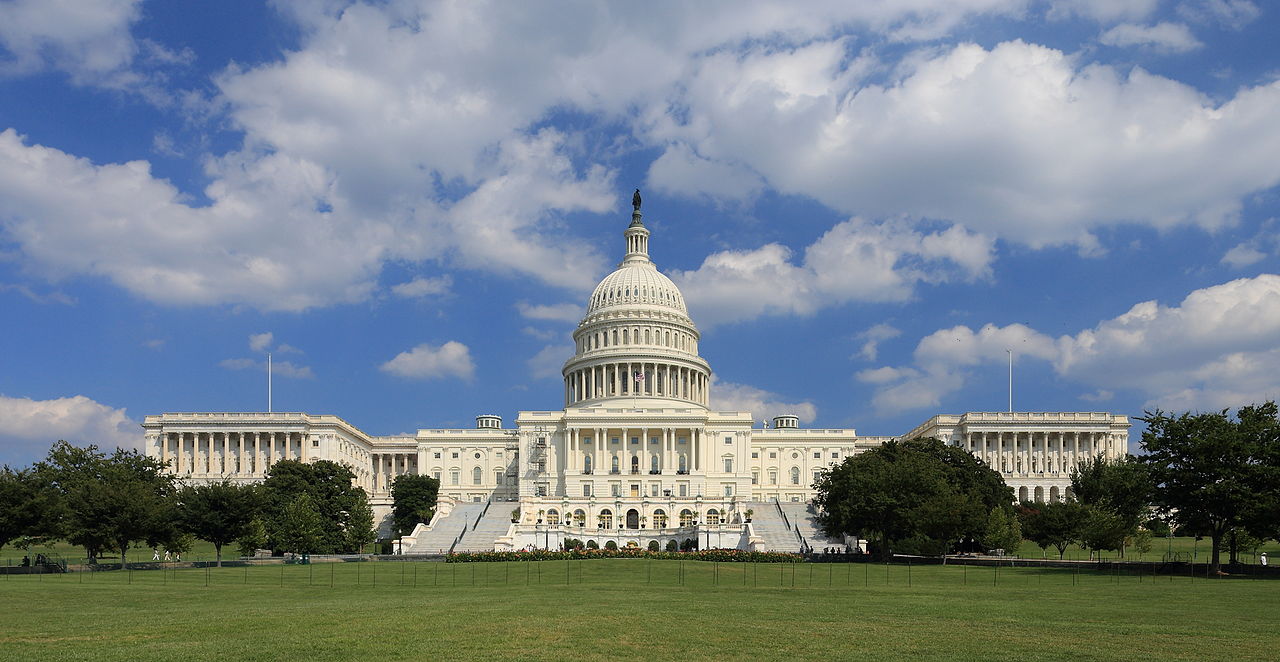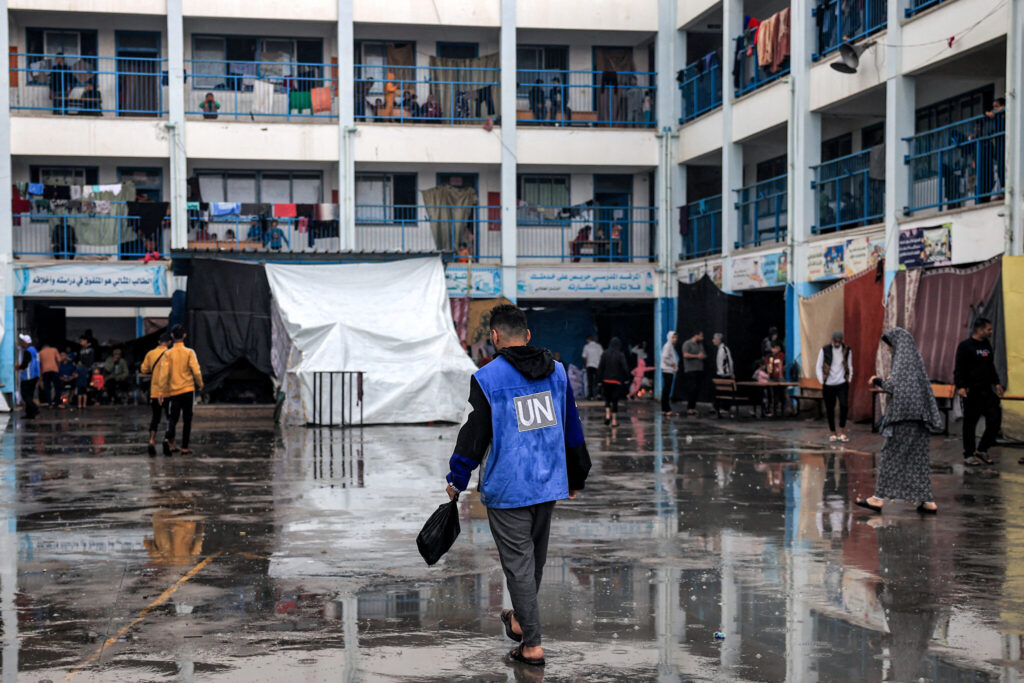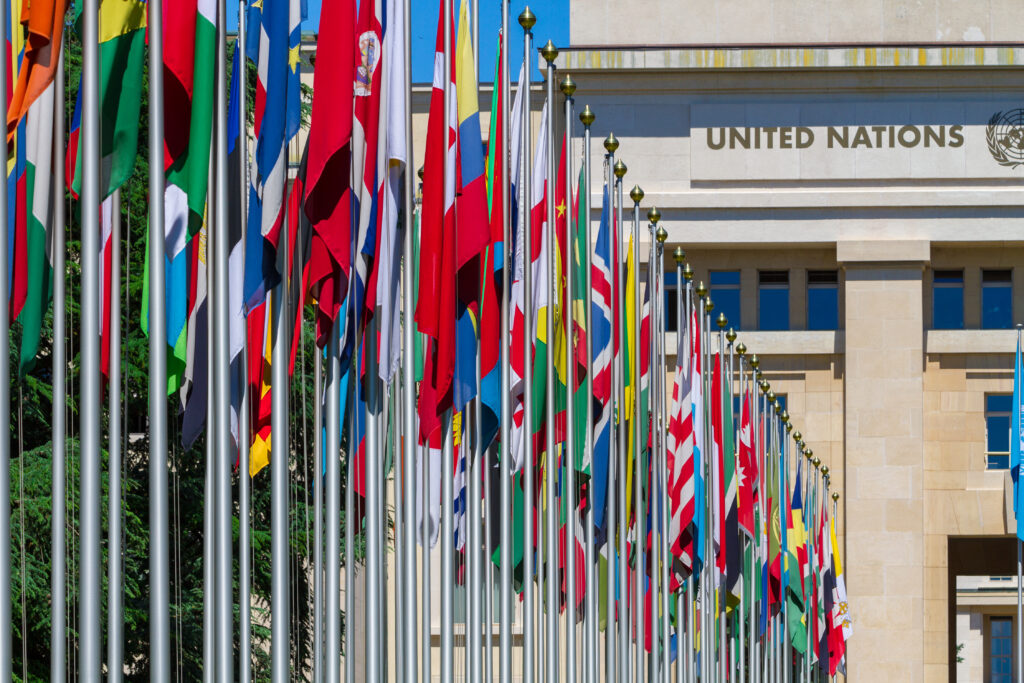By David Rosen
Exactly 50 years ago, the U.S. government played a central role in the creation and launch of UNFPA, United Nations sexual and reproductive health agency. UNFPA works in more than 150 countries to end the unmet need for voluntary family planning, end preventable maternal deaths and end gender-based violence and harmful practices like child marriage and female genital mutilation. This work is central to women’s economic empowerment, global health, and sustainable development.
The United States sits on UNFPA’s governing Executive Board, which approves and monitors all UNFPA programming, and has since UNFPA’s founding. And until 1985, the U.S. was UNFPA’s largest donor. Yet in the 1980’s a slew of policies, imposed through both executive action and appropriations riders, were imposed U.S. foreign aid with the aim of restricting reproductive health care access. UNFPA, in particular, became a target of unnecessary and often ineffective policy riders that began to creep into the State, Foreign Operations and Related Programs Appropriations Bill during this period.
The most well-known rider which applies to UNFPA is the Kemp-Kasten amendment, which prohibits funding to “any organization or program which, as determined by the President of the United States, supports or participates in the management of a program of coercive abortion or involuntary sterilization.” We can all agree coercive practices are wrong and should not be supported. But since 1985, Republican Administrations have used the Kemp-Kasten Amendment to target UNFPA using baseless determinations to withhold all funding from UNFPA – including humanitarian funding – by conflating UNFPA’s presence in China with supporting China’s coercive birth limitation policies. The Trump Administration is no different.
Specifically, in its most recent determination to withhold funding from UNFPA, the State Department cited UNFPA’s partnership with China’s Ministry of Health, known as the National Health Commission (NHC). It is important to note that any organization working on health-related matters, whether it’s HIV or vaccines, works with the NHC.
But this charge runs directly counter to the facts on the ground. In June 2015, the State Department visited UNFPA’s China Country Office and program sites to vet and approve it as a member of UNFPA’s Executive Board. State praised UNFPA’s rights-based work and noted its positive impact on the Chinese government, saying:
“Following a recent visit in June of this year by representatives from the United States Department of State and the U.S. Agency for International Development, it is evident that UNFPA’s activities in China continue to have a positive impact at all levels of government. Our delegation welcomed the opportunity to provide comments on the draft country program upon its return and also appreciated UNFPA’s willingness to consider our proposed amendments…the U.S. delegation observed the positive impact of UNFPA’s rights-based programming in China.“
The State Department has not conducted another visit to UNFPA’s programs in China since this visit in June 2015. The U.S. maintains an active presence at UNFPA’s Executive Board, which reviews and approves all UNFPA programing.
The U.S.-UNFPA relationship is handled ably by teams of civil and foreign servants and political appointees from the U.S. administration who have seen firsthand UNFPA’s important. But anti-women’s health activists in Congress have inserted unnecessary policy riders that undermine this work.
The Kemp-Kasten amendment is one of many needless riders that apply to UNFPA. For instance, current language prohibits UNFPA from using U.S. funding for abortion. But UNFPA does not, and has never, funded abortion services anywhere in the world, even in countries where it is legal.
For decades, appropriations bills have required separation of funds for UNFPA provided by the U.S., have prohibited the use of U.S. contributions to UNFPA from going to China, and have required the U.S. contribution to UNFPA be reduced by one dollar for every dollar that UNFPA spends on its programming in China. It’s far past time to redline China-related riders; they’re irrelevant and run counter to the State Department’s own fact-finding on the ground.
Relatively small investments in UNFPA’s work go far in achieving U.S. foreign policy and security goals because UNFPA works in approximately three times as many countries as USAID. And UNFPA’s ability to operate in fragile and humanitarian settings like Syria, Yemen and Venezuela extends far beyond the scope of the United States on its own. So policy riders from Congress – some dating back nearly 40 years –undermine this critical UN partner of the United States. It’s time for these riders to go.
David Rosen is the Communications Officer on Regulatory Affairs of the Clean Budget Coalition of over 200 organizations.
-
U.S. Department of State. U.S. Statement on UNFPA’s 8th Country Program in China. UNDP/UNFPA/UNOPS Executive Board, August 31, 2015, United Nations Headquarters, New York City. http://statements.unmeetings.org/media2/7650964/united-states-pm-.pdf
More information about UNFPA:
Unnecessary Policy Riders on UNFPA
- U.S. contributions to UNFPA are subject to a number of existing restrictions: UNFPA Segregated U.S. Contribution Account; UNFPA Does Not Fund Abortions; Prohibition on the Use of U.S. Funds in China by UNFPA (1994) Funds may not be made available to UNFPA unless: UNFPA keeps the U.S. contribution to the agency in a separate account, not to be commingled with other funds, and UNFPA does not fund abortions (note: language used beginning in FY 2000); It also prohibits UNFPA from using any funds from the U.S. contribution in China.
UNFPA Dollar-for-Dollar Withholding of Amount UNFPA Plans to Spend in China During Fiscal Year (1994): Reduces the U.S. contribution to UNFPA by one dollar for every dollar that UNFPA spends on its programming in China.
Kemp-Kasten Amendment (1985): Current law attached to Appropriations bills which include funding to UNFPA (for instance, State Foreign Ops or CRs). Prohibits funding to “any organization or program which, as determined by the President of the United States, supports or participates in the management of a program of coercive abortion or involuntary sterilization.”




